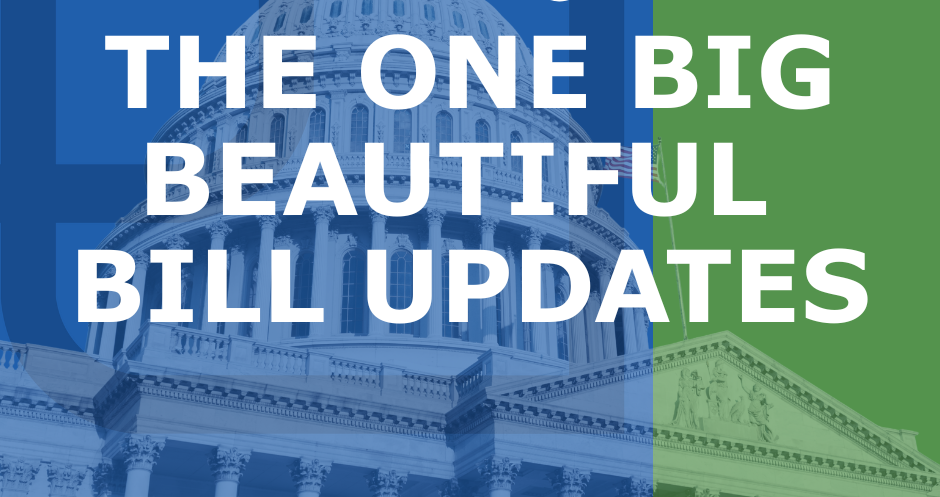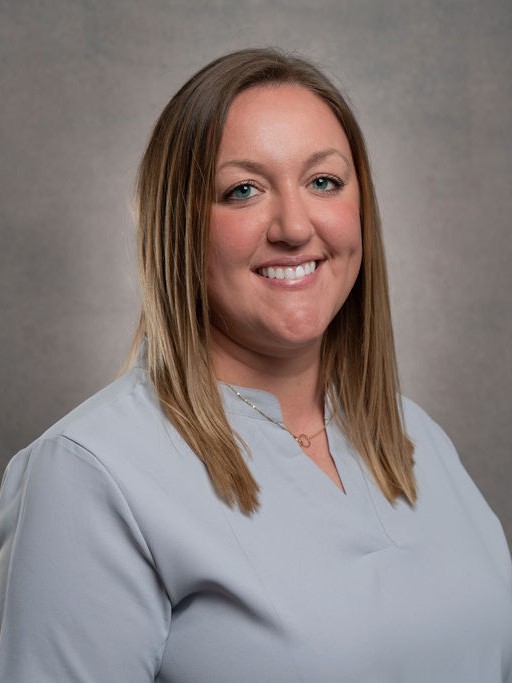The One Big Beautiful Bill Act (OBBBA), signed into law in 2025, brings several important changes to 529 college savings plans. At Rudler, we know that education planning is a top priority for many of our clients, and we want to help you understand how these new rules may affect your family’s savings and tax planning.
Below, we break down the key updates and what they could mean for you.

Expanded Definition of Qualified Education Expenses
One of the most significant changes under the OBBBA is the expansion of what counts as a “qualified higher education expense” for 529 plan purposes. Previously, 529 plans could be used for college tuition, fees, books, supplies, and certain room and board costs. In recent years, the law had already expanded to allow up to $10,000 per year for K-12 tuition.
Now, under the OBBBA, the list of qualified expenses is even broader. For distributions made after the law’s enactment, 529 plan funds can be used for a wider range of K-12 expenses, not just tuition. This includes curriculum and curricular materials, books and instructional materials, online educational materials, tutoring (with certain requirements for the tutor), standardized test fees, dual enrollment fees, and educational therapies for students with disabilities. The annual limit for these K-12 expenses has also increased from $10,000 to $20,000 per beneficiary per year, starting with tax years after December 31, 2025.
New Coverage for Postsecondary Credentials
The OBBBA also allows 529 plan funds to be used for certain postsecondary credentialing expenses. This means that if you or your child are pursuing a recognized credential—such as a professional license, industry certification, or completion of a registered apprenticeship program—529 funds can now be used to pay for tuition, fees, books, supplies, required testing, and continuing education needed to maintain that credential. The law provides a detailed definition of what counts as a recognized credential and which programs qualify, ensuring that a wide range of career-focused education is now eligible.
Rollovers to ABLE Accounts Made Permanent
Another important update is the permanent extension of the ability to roll over funds from a 529 plan to an ABLE account (a tax-advantaged savings account for individuals with disabilities). Previously, this option was set to expire, but under the OBBBA, rollovers from 529 plans to ABLE accounts are now a permanent feature. This provides families with more flexibility if a beneficiary becomes disabled or if there are excess funds in a 529 plan that could be better used in an ABLE account.
Coordination with Other Education Tax Benefits
It’s important to remember that while the OBBBA expands the uses of 529 plans, the law still requires careful coordination with other education tax benefits, such as the American Opportunity Tax Credit and the Lifetime Learning Credit. You cannot “double dip” by using the same education expenses to claim both a tax-free 529 plan distribution and a federal education tax credit. The law requires that any expenses used to claim a credit must be subtracted from the amount treated as qualified expenses for 529 plan purposes.
Handling Refunds and Recontributions
If you receive a refund of qualified education expenses that were paid with 529 plan funds (for example, if a college issues a refund for tuition or room and board), the OBBBA continues to allow you to recontribute the refunded amount to a 529 plan within 60 days. This helps you avoid taxes and penalties on the refunded amount, as long as you follow the proper procedures.
How Rudler Can Help
At Rudler, we understand that these changes can be confusing, especially as the rules for 529 plans become more flexible and complex. Our team is here to help you:
- Review your current 529 plan strategy in light of the new rules
- Coordinate your 529 plan distributions with other education tax benefits to maximize your tax savings
- Advise on the best way to use 529 funds for K-12, college, or career training expenses
- Assist with rollovers to ABLE accounts or handling refunds and recontributions
If you have questions about how the OBBBA affects your family’s education savings, or if you want to make sure you’re making the most of your 529 plan, please contact your Rudler advisor. We’re committed to helping you navigate these changes and achieve your education and financial goals.
Important: These are all new changes, and further guidance from the IRS and Treasury Department is expected. The details may change as new regulations and clarifications are issued. Be sure to consult with your tax advisor to understand how these changes affect your specific situation.
RUDLER, PSC CPAs and Business Advisors
This week's Rudler Review is presented by Alexis Ludtke, CPA.
If you would like to discuss your particular situation, contact Alexis at 859-331-1717.

As part of Rudler, PSC's commitment to true proactive client partnerships, we have encouraged our professionals to specialize in their areas of interest, providing clients with specialized knowledge and strategic relationships. Be sure to receive future Rudler Reviews for advice from our experts, sign up today !